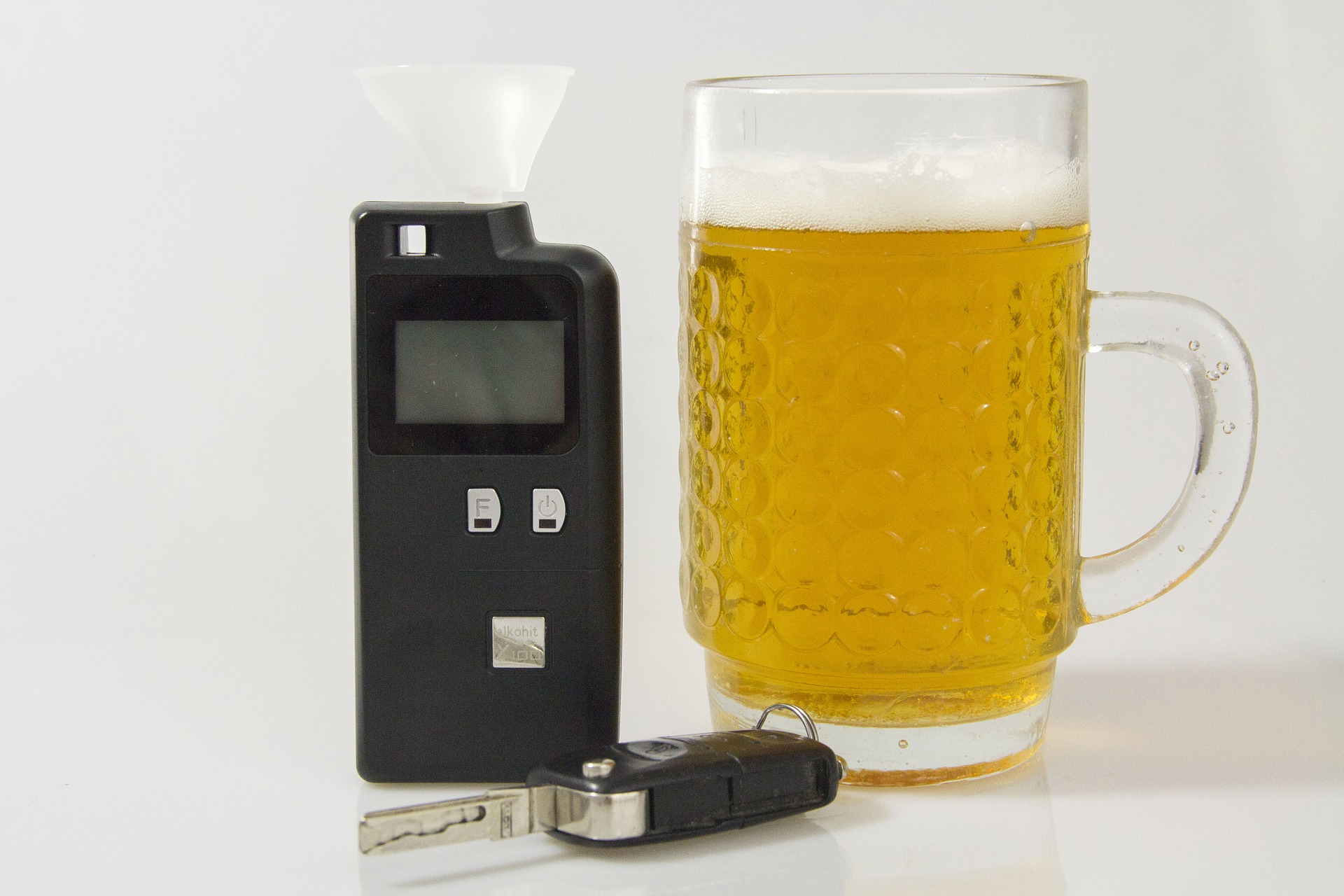Supreme Court limits use of Federal Criminal Fraud Statutes to establish Good Government Standard in Kelly v. US
 In Kelly v. United States, issued this week—the so-called “Bridgegate” case—the Supreme Court once again limits the use of federal criminal fraud statutes to establish a standard of good government for state and local governments. As in McNally v. United States and Skilling v. United States, the Court in Kelly continues to insist that fraud, to be a federal crime, must have as its goal the obtaining of money or property. Until the Court decided McNally in 1987, courts had approved of convictions where a defendant sought to deprive the victim of the “honest services” of someone who owed a fiduciary duty to the victim, on the theory that such services were “property” of the victim. The Court rejected this expansive definition of property in McNally, narrowing the scope of the mail and wire fraud statutes. Congress immediately amended the statutes in 1988 to reinstate the broader concept: “For the purposes of this chapter, the term ‘scheme or artifice to defraud’ includes a scheme or artifice to deprive another of the intangible right of honest services.” In Skilling the Court again took up “honest services” fraud and held that the statutes encompass only such schemes as involve bribery or kickbacks. After Skilling all federal fraud cases must either involve money or property as the goal of the fraud, or if the goal is subversion of “honest services” it must be by means of bribery or kickbacks. Since in Kelly no bribes were given, the government advanced two ways they said that the defendants deprived the Port Authority, which operated the bridge, of property.
In Kelly v. United States, issued this week—the so-called “Bridgegate” case—the Supreme Court once again limits the use of federal criminal fraud statutes to establish a standard of good government for state and local governments. As in McNally v. United States and Skilling v. United States, the Court in Kelly continues to insist that fraud, to be a federal crime, must have as its goal the obtaining of money or property. Until the Court decided McNally in 1987, courts had approved of convictions where a defendant sought to deprive the victim of the “honest services” of someone who owed a fiduciary duty to the victim, on the theory that such services were “property” of the victim. The Court rejected this expansive definition of property in McNally, narrowing the scope of the mail and wire fraud statutes. Congress immediately amended the statutes in 1988 to reinstate the broader concept: “For the purposes of this chapter, the term ‘scheme or artifice to defraud’ includes a scheme or artifice to deprive another of the intangible right of honest services.” In Skilling the Court again took up “honest services” fraud and held that the statutes encompass only such schemes as involve bribery or kickbacks. After Skilling all federal fraud cases must either involve money or property as the goal of the fraud, or if the goal is subversion of “honest services” it must be by means of bribery or kickbacks. Since in Kelly no bribes were given, the government advanced two ways they said that the defendants deprived the Port Authority, which operated the bridge, of property.
 Boston Lawyer Blog
Boston Lawyer Blog















